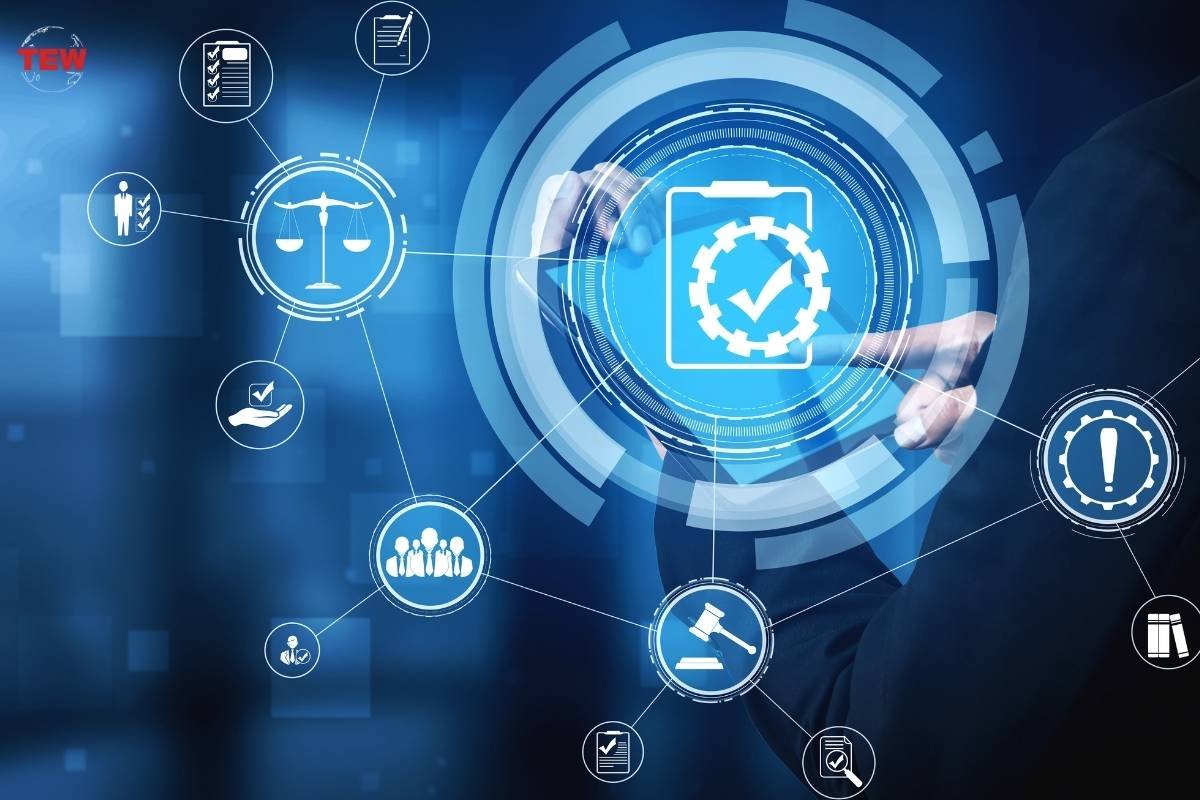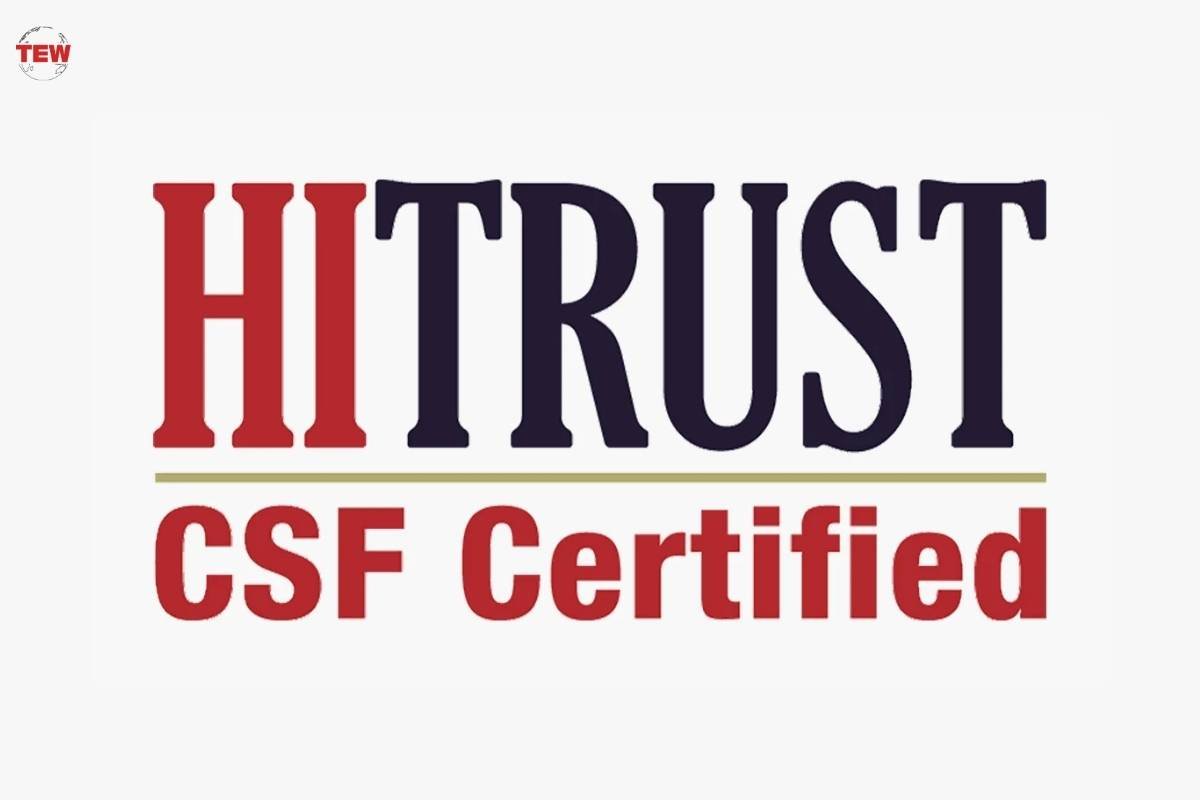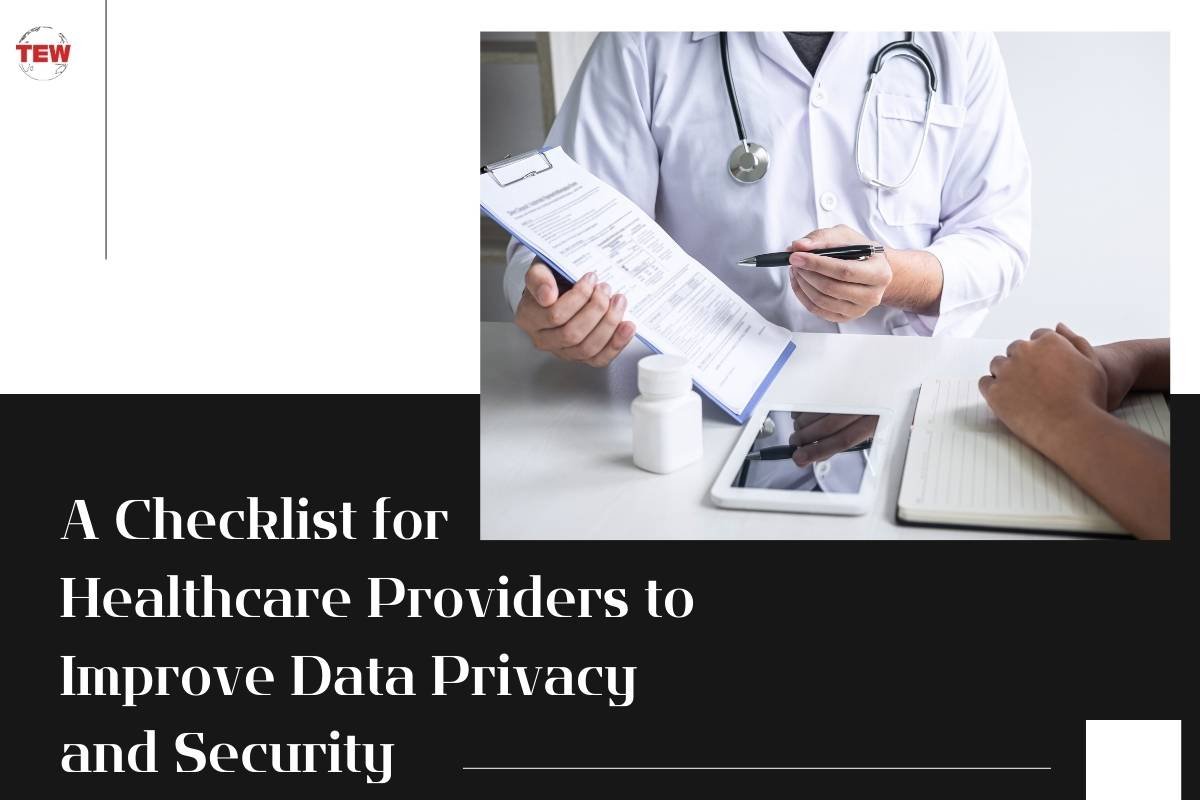In the digital age, healthcare providers handle more sensitive patient data than ever before. Protecting healthcare data security and privacy of this information is a critical priority. However, data breaches still occur far too often in the healthcare industry. Implementing strict protocols is essential for any healthcare organization to properly safeguard data. This checklist outlines key steps providers can take to strengthen data protection.
Training Employees on Security Best Practices
A major source of data breaches comes from employee errors or negligence. That’s why ongoing cybersecurity training for all staff is so important. Employees should learn how to create strong passwords, identify phishing attempts, use encryption, and follow other security best practices. Training should also cover proper handling of physical documents to avoid privacy leaks. Regular refreshers are needed as threats evolve.
Using Encryption for Data Transmission and Storage
Encryption converts data into unreadable code that can only be decrypted with a special key. Healthcare providers should encrypt data anytime it is transmitted or stored digitally. Encryption protects data if devices are lost or hacked. It should be used for data at rest (stored locally) and in transit (sent to other parties). Providers must also ensure they have robust key management protocols.
Securing Emails and Messaging

Email is ubiquitous in healthcare, yet it poses significant security risks if not properly protected. Providers should implement encrypted email servers that utilize the latest authentication techniques. Encryption prevents unauthorized access to messages. Staff should also be trained on proper email hygiene, like not opening suspicious attachments which could unleash malware. The same precautions apply for other messaging apps.
Using Firewalls and Anti-Malware Software
Firewalls and anti-malware programs provide essential protection against cyber threats trying to penetrate systems or corrupt files. Firewalls prevent unauthorized access by blocking suspicious traffic. Anti-malware software scans for and isolates viruses, spyware, ransomware, and other malicious code. Providers should install industrial-grade solutions and configure them to receive continuous software updates for detecting new threats.
Enforcing Access Controls
Not all staff require access to sensitive systems and data. Providers must implement privileged access controls that restrict access to only those individuals who need it for their job. This includes using role-based permissions, authentication methods like multifactor login, and meticulously auditing who has access to what. Strict access controls prevent those without a valid business need from viewing confidential patient information.
Creating a Comprehensive Healthcare Data Security and Privacy Policy

A detailed security policy establishes guidelines that the entire workforce must follow for healthcare data security and privacy. It should specify the technologies used, employee practices, device protocols, access restrictions, training requirements, and more. Having a well-documented policy is crucial for compliance and for setting organization-wide security standards.
Getting Audited for Compliance
Healthcare providers must adhere to various legal requirements around patient data security and privacy. Having an independent audit provides verification of compliance with standards like HIPAA, PCI DSS, and HITRUST. The audit process identifies any gaps that need remediation. Ongoing audits give assurances to patients and business partners that the organization takes compliance seriously.
Implementing HITRUST-Certified Software

HITRUST is an organization that certifies whether IT systems and software follow stringent healthcare data security and privacy requirements. Providers should ensure any IT solutions they implement, especially those handling sensitive data, are HITRUST-certified. The certification validates the technology has met healthcare-specific standards and passed rigorous testing. Some solutions speed up the certification process, such as this HiTrust compliance software.
Safeguarding confidential patient data is an immense responsibility for healthcare providers today. Following this comprehensive checklist will give any healthcare organization a robust data privacy and security posture.




